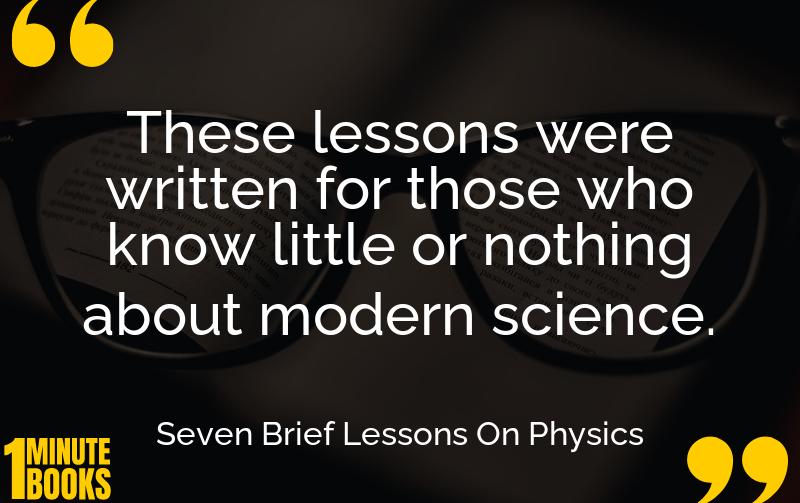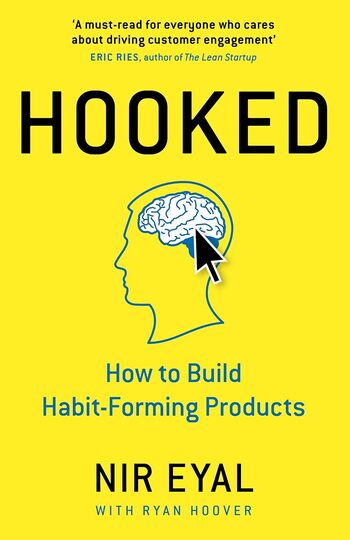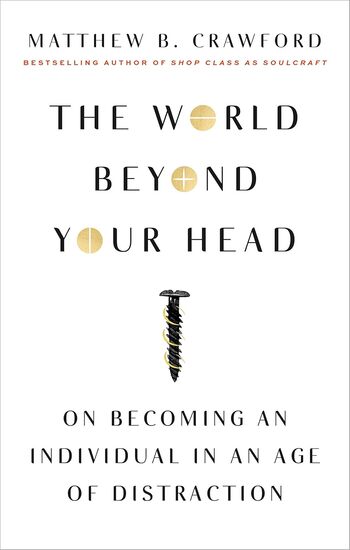
Carlo Rovelli’s ‘Seven Brief Lessons on Physics’ makes complex physics accessible to non-scientists, exploring topics like the Big Bang, quantum physics, and Einstein’s relativity in an engaging way.
Main Lessons
- The universe began with the Big Bang, spawning our astrophysical perspective.
- Quantum physics reveals the strange behavior of particles at extremely small scales.
- Einstein revolutionized our understanding of reality with the theory of relativity.
- Newton is acknowledged as the father of classical physics.
- Space and time are interconnected, a core idea in modern physics.
- The architecture of the cosmos involves an intricate structure yet to be fully understood.
- Probability and time are linked, impacting how we view black holes.
- Physics can be made accessible and enjoyable for those without a scientific background.
- The book emphasizes the importance of curiosity and open-mindedness in scientific exploration.
- Humanity’s future understanding of the universe relies on ongoing scientific inquiry.
- Rovelli’s philosophical musings tie science to broader human experiences.
- The importance of simplicity in conveying complex scientific ideas is paramount.
- Science is not just a body of knowledge but a way to comprehend our place in the universe.
- Physics is fundamental in explaining everyday phenomena we often take for granted.








